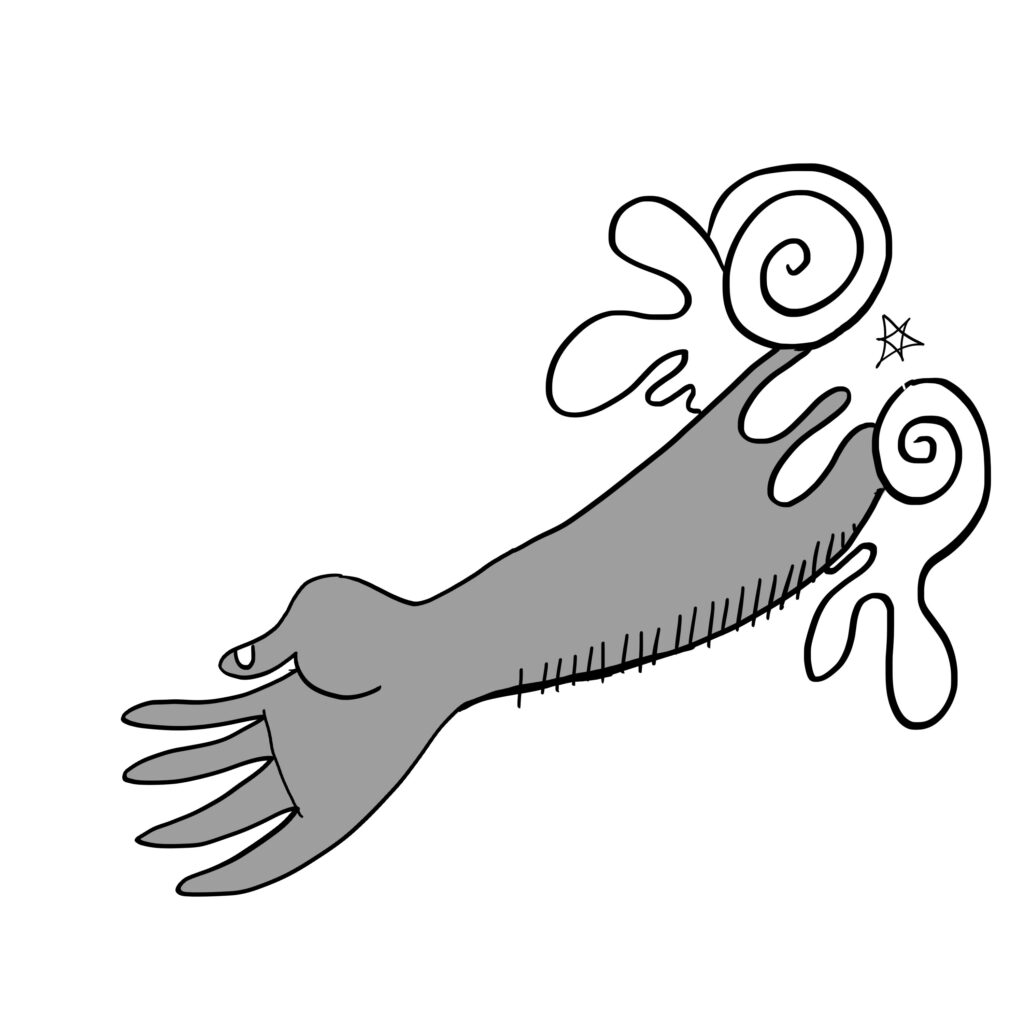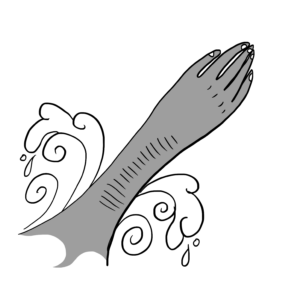The following is an excerpt from Fragments, the new magazine from Emor.
by Rabbi Michael Strassfeld
The centrality of the Exodus in Judaism goes beyond the repeated notion that we must remember that we were slaves and therefore treat other people with compassion, especially those on the margins of society. As important as the commitment to social justice is, there is something even more central to Judaism that we learn from this story. The people of Israel appear to be free, having left the bondage of Egypt behind. The former slaves quickly discover it is hard to be free. During their 40-year journey to the Promised Land, they constantly express a yearning to return to Egypt. With freedom comes responsibility and the need to make difficult choices. We move from Egypt to the giving of the Torah at Mt. Sinai because the Torah is about freedom. If we think that we remember the Exodus only so that we help those who are in need, we miss the most fundamental teaching of this story. We need to constantly free ourselves. Life is full of obstacles and illusions that keep us stuck. The 19th-century Hasidic master known as the Sefat Emet teaches:
The purpose of all the commandments, both positive and negative, that were given to Israel, is so that every person in Israel shall be free. That is why the liberation from Egypt comes first [before the giving of the Torah]. Torah then teaches the soul how to maintain its freedom, by not becoming attached to material things. These are its 613 counsels. Every mitzvah/commandment in which the liberation from Egypt is mentioned tells us yet again that by the means of this mitzvah one may cling to freedom. In the commandment regarding the [gifts to the poor of] leftover gleanings, the corners of the field, and forgotten sheaves, Torah says: “Remember you were a slave” (Deut. 24:22). In this way your food will have no waste, and you will not become overly attached to wealth.… A Jew has to be free in soul, in body, and in all he or she has…This is the purpose of the entire Torah. That is why they (the rabbis) read “engraved (harut) on the tablets [Ex. 32:16], as though it said “freedom (herut) on the tablets.” “The only free person,” they added, “is the one who is engaged in Torah,” for Torah teaches a person the way of freedom.
Comment on the Torah portion Ki Tetze, from The Language of Truth by Arthur Green
This teaching suggests that we can easily be enslaved without ever being literally in bondage. Most people are not physically enslaved and yet they live a life in which they are not really free. In Erich Fromm’s phrase (20th-century psychologist), we often want to “escape from freedom.” The responsibility that comes with freedom can be a heavy burden. We can live a life of slavery to our fears and insecurities. We can live a life bounded by the limitations of our expectations, or a life circumscribed by the lack of faith in our abilities.
In this understanding, Torah is first and foremost about freedom. Torah is not, as commonly believed, about 613 commandments. Rather it is 613 counsels that teach us how to escape to freedom. Our biggest challenge is to take the precious gift of life and do as much as we can with it. We live our life with the consciousness that we are limited by our mortality. Torah reminds us of our potential, for we are also created in the image of God. Torah can free us from the grind of everyday life where day follows day, week follows week and year follows year – picture the way calendar pages fly off the wall in old movies to illustrate the passing of time. Freedom is an awareness of what life is and can be. Torah suggests that our mortality doesn’t have to define our existence. We have the ability and the freedom to create, to think, and to feel. Those abilities can shape our lives.

The purpose of Torah is to encourage us and remind us to strive to live a life of compassion, loving relationships, and devotion to our ideals. The Torah understands the lure of Egypt and how easy it is to become enslaved. How past patterns can keep us chained to unwise or even harmful behavior. Just the weight of the past can increasingly impede our journey forward. Yet, we are reminded that as a people we were once slaves, and we became free. Each of us can be free again. This is the real inheritance of the Jewish people leaving Egypt – the experience of freedom. The practices of Judaism, some ancient and some new, are aids in that striving for freedom. The first step is to gain insight into the ways that we are enslaved. Then we begin the process of breaking those chains. Finally, we try to repair the mistakes we made or hurt we did to others and to ourselves. Freedom begins on the individual level, but needs to spread outward into society, for the world needs to be redeemed.

How does freedom come about in Egypt? God asserts that redemption will come about through God’s yad hazakah and zeroa netuyah – a strong hand and an outstretched arm. Usually, these words are understood as synonyms – metaphors for God’s power that will bring the plagues and eventually cause Pharaoh to relent and let the Israelites go. It is true that every struggle for freedom requires a steadfast commitment to the cause. Even non-violent causes like the civil rights movement needed people who not only were willing to work for freedom but were willing to be arrested and even to risk their lives by protesting the injustice of segregation. It requires a yad hazakah – a willingness to stand up and protest and to keep standing up. It also requires a zeroa netuyah – an outstretched arm.
An outstretched arm doesn’t have to be another metaphor for a hand of power. It can also be a hand extended to help someone to get up off the ground. It is a hand of welcome, a hand of connection and support. Those hands are just as important as the hand of powerful resistance to injustice. Standing together while marching for freedom is how freedom comes about.
“The Exodus from Egypt occurs in every human being, in every era, in every year, and in every day.” –Rebbe Nahman of Bratslav (Hasidic master 1772– 1810)
Originally published in and excerpted with permission from Judaism Disrupted: A Spiritual Manifesto for our Time by Rabbi Michael Strassfeld. Ben Yehuda Press, February 2023.

Rabbi Michael Strassfeld (he/him) is the editor of the best selling Jewish Catalog, author of The Jewish Holidays, and co-author with Rabbi Joy Levitt of A Night of Questions: A Passover Haggadah. He is rabbi emeritus of The Society for the Advancement of Judaism in Manhattan. He writes a free weekly newsletter on the Torah portion (subscribe @ michaelstrassfeld.com) This remarkable Hasidic text about Torah and freedom is a defining point in his new book Judaism Disrupted: A Spiritual Manifesto for the 21st Century, Ben Yehuda Press, 2023
